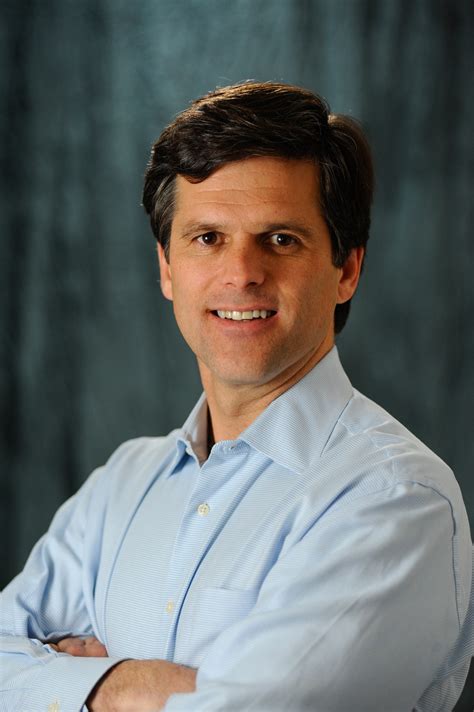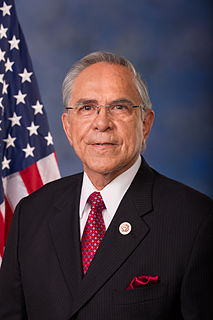A Quote by Laurence Kotlikoff
If you are advocating full retirement benefits starting at 60, my reaction is the system is already 31 percent underfinanced and can not afford what it's now doing, let alone such a policy change.
Related Quotes
We can't have close to 90 percent of those prenatally diagnosed with an intellectual disability being aborted; 90 percent not going to school; more than 90 percent reporting discrimination in the healthcare system; and 90 percent unemployed, and tell ourselves that we're doing a good job. The obstacles to leading a full life for the vast majority of people with intellectual disabilities are far beyond what they should be, and far beyond what we should tolerate. So yeah, I want change.
If we stop believing in a future, if we stop doing things for something else but start doing them for now, some fundamental things change. Retirement becomes less about how much money you can squirrel away now and much more a matter of participating and contributing to your own community now so that they want to take care of you. … We’re going to move into a world where your retirement will be more secure if you’ve made lots of friends with young people rather than collected lots of dollars.
Social Security is the foundation stone of that kind of retirement security. It not only needs to be strengthened in order to make sure it's there for younger baby boomers and Generations X and Y, but it probably needs to be strengthened and expanded because the retirement benefits now being offered by most employers are not sufficient to support middle-income Americans in their long years of retirement.
In almost any change there is 20 - 60 - 20. 20% are doing the change and we need to stay out of their way. 20% will never get there (a large percent still go into banks to see tellers vs. ATMs). 60% are in the middle. I think you will always find some companies where the head of HR is not a member of senior management team (bottom 20% and some companies where she or he has always been (top 20%).
You can look at history of these things, and Social Security wasn't devised to be a system that supported you for a 30-year retirement after a 25-year career... So there will be things that, you know, the retirement age has to be changed, maybe some of the benefits have to be affected, maybe some of the inflation adjustments have to be revised.
Sensible policies on global warming should weight the costs of slowing climate change against the benefits of slower climate change. Ironically, recent policy initiatives, such as the Kyoto Protocol of 1997, have been introduced without any attempt to link the emissions controls with the benefits of the lower emissions.
































